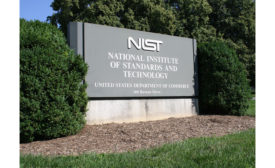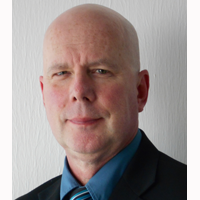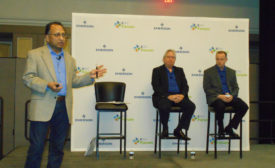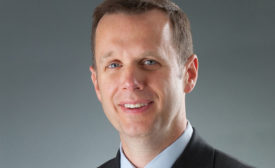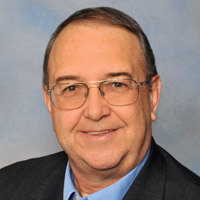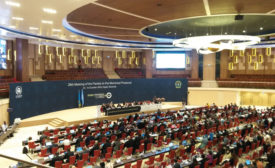Home » Refrigerant Phasedown
Articles Tagged with ''Refrigerant Phasedown''
Alliance for Responsible Atmospheric Policy’s Kevin Fay cites numerous benefits to U.S.
Read More
Bluon Energy Announces Investors, Strategic Partnerships
Actor and environmental activist Leonardo DiCaprio joins as investor
May 19, 2017
What’s the Latest with R-404A?
As another industry workhorse feels the GWP crunch, contractors look at alternatives
Read More
New Research from NIST Identifies Research Needs for Alternative Refrigerants
Researchers must look beyond nonflammable chemicals
April 3, 2017
Is R-410A Here to Stay?
In a world of phaseouts and phasedowns, R-410A seems safe – for now
Read More
Kigali Agreement Creates ‘Orderly Phasedown’ of HFCs
An exclusive interview with AHRI’s Stephen Yurek
Read More
Why R-32 May Be the Refrigerant of the Future
All options have pros and cons, but R-32 makes a good case for itself
Read More
The Kigali HFC Amendment and its Potential Worldwide Impact
Associations, manufacturers, reclaimers hail international phasedown agreement
Read More
Copyright ©2025. All Rights Reserved BNP Media.
Design, CMS, Hosting & Web Development :: ePublishing



